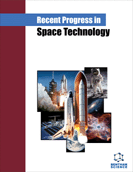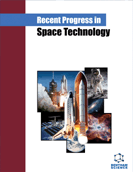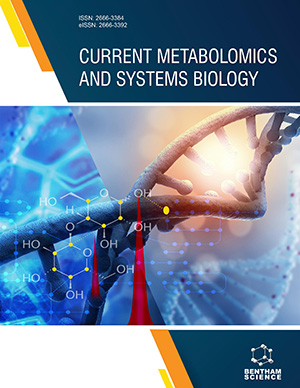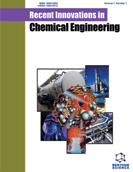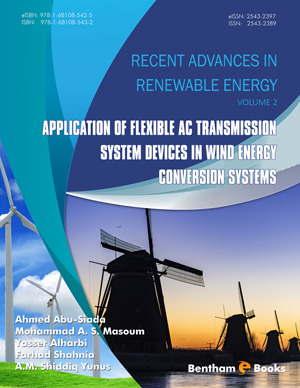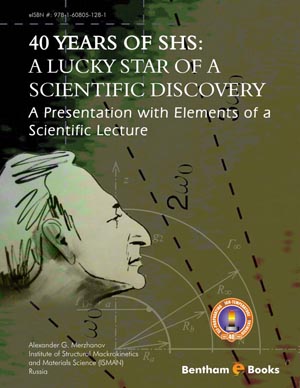Abstract
Increasing demand in terms of fuel and energy with limited fossil fuels
forces researchers to develop renewable fuels in sustainable ways. Biodiesel, as an
alternative to mineral diesel, has emerged as one of the potential renewable fuels. With
an increasing demand for biodiesel, conventional and non-conventional sources of
triglycerides were investigated. In terms of future demand, edible and non-edible
sources are insufficient to fulfill the requirement and thus microbial oil will be one of
the crucial feedstock for biodiesel production. The extraction of lipids from various
biomass is one of the crucial steps in the synthesis of biodiesel, which controls the
overall production cost. Over the last few years, conventional lipid extraction
techniques such as solvent extraction, mechanical processes, and chemical treatments
have been explored, however, all these have their own limitations. Moreover, in order
to obtain high purity lipids in an economical way, the use of sonication has garnered
much attention in extracting the lipids from the microbial biomass because of the
shorter process time, the straightforwardness of the process, and the superior quality of
products. It may also lead to reducing the use of solvents in the extraction process. The
book chapter deals with the limitations of conventional extraction processes of lipids
from microbial biomass and the role of ultrasound in efficient and economic
operations. Moreover, to lower the production cost, the application of ultrasound in
simultaneous extraction and transesterification has been explored.



